Changes ahead for the national screening system
Changes ahead for the national screening system
Details of changes to the national screening system from 1 October, due to the closure of Public Health England.
Details of changes to the national screening system from 1 October, due to the closure of Public Health England.

...of bowel cancer screening letters. I'm Dr Anne Mackie, Director of Screening at Public Health England (PHE). This is my second biannual letter to GPs in England (the first was...
We have published the key performance indicator (KPI) non-cancer screening data for the third quarter of 2015 to 2016 (1 October 2015 to 31 December 2015). KPIs are used to measure how the NHS screening programmes are performing and aim to give a …
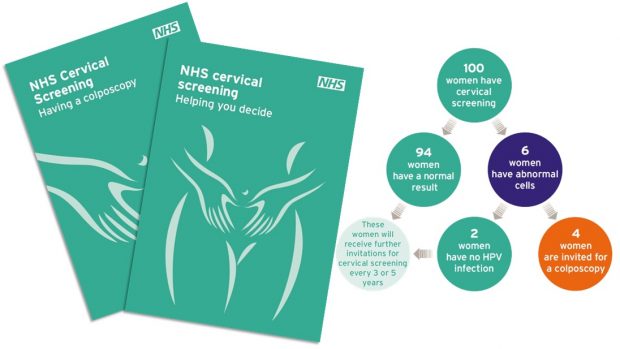
...clinicians, academics, charity representatives and women of cervical screening age. This rigorous process helped to inform the letter and leaflet content, and how it is presented. The new invitation letter...

...make child vision screening fit for purpose for the coming decades and ensure more children like Cameron get the help they need to achieve their educational and social potential. PHE...
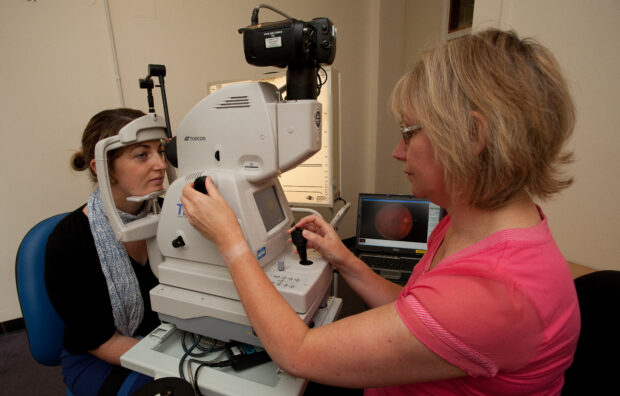
Expert graders are central to the success of the NHS Diabetic Eye Screening (DES) Programme. They study the digital photographs taken at screening clinics to assess if patients need to remain in routine screening or be referred for closer monitoring …
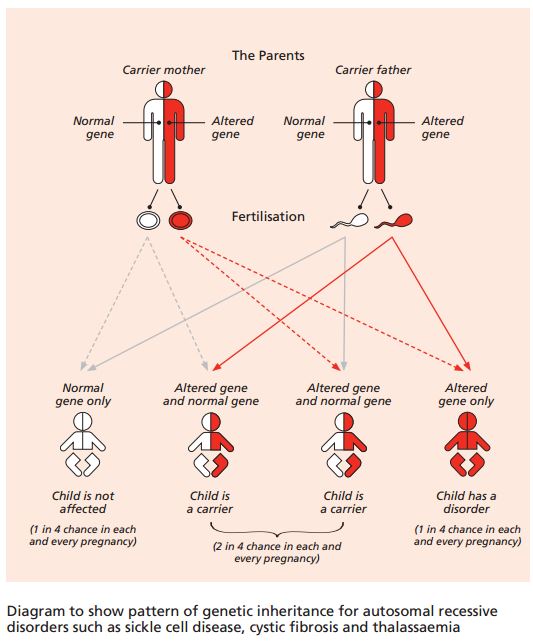
...The Wessex screening and immunisation team is working with Wessex maternity providers to plan a campaign to promote earlier booking and we would like to build on tried and tested...
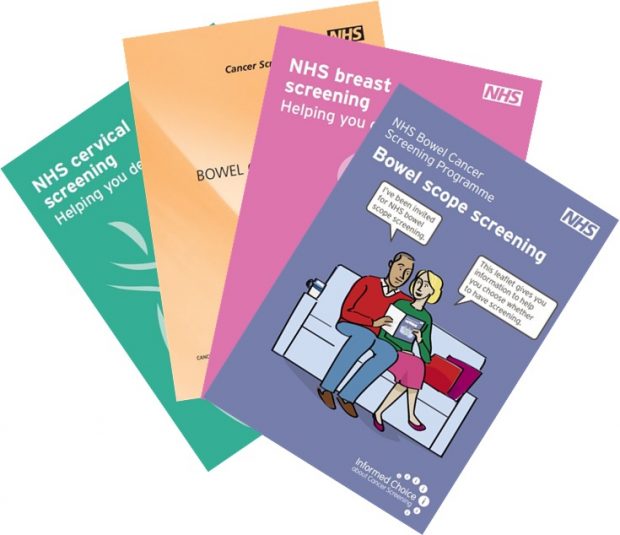
...major advantages offered by Harlow is the ability to set up standing orders for regular deliveries of items. We expect this to be particularly useful for the companies that undertake...
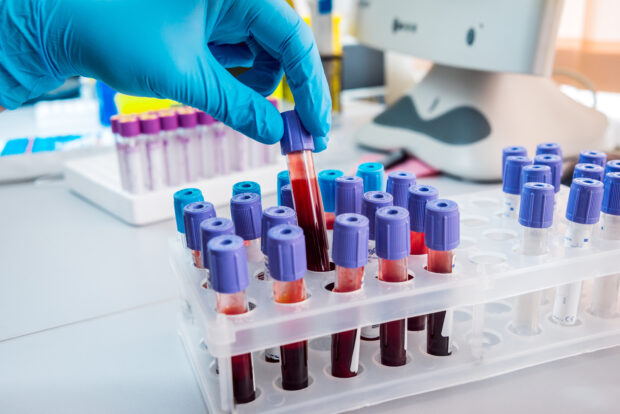
From September 2016, London Metropolitan University will deliver a module in haemoglobinopathies, which counts towards a master’s degree in blood science.

Developing easy read information isn’t easy. That’s why we’ve set up a new group to look at how to develop high quality national easy read information about screening.
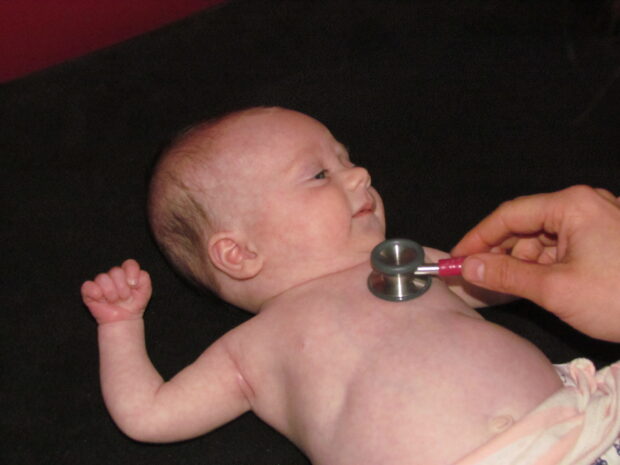
As we launch the 2016 to 2017 NHS Newborn and Infant Physical Examination (NIPE) standards I am reminded of this quote by George Bernard Shaw: The only man I know...